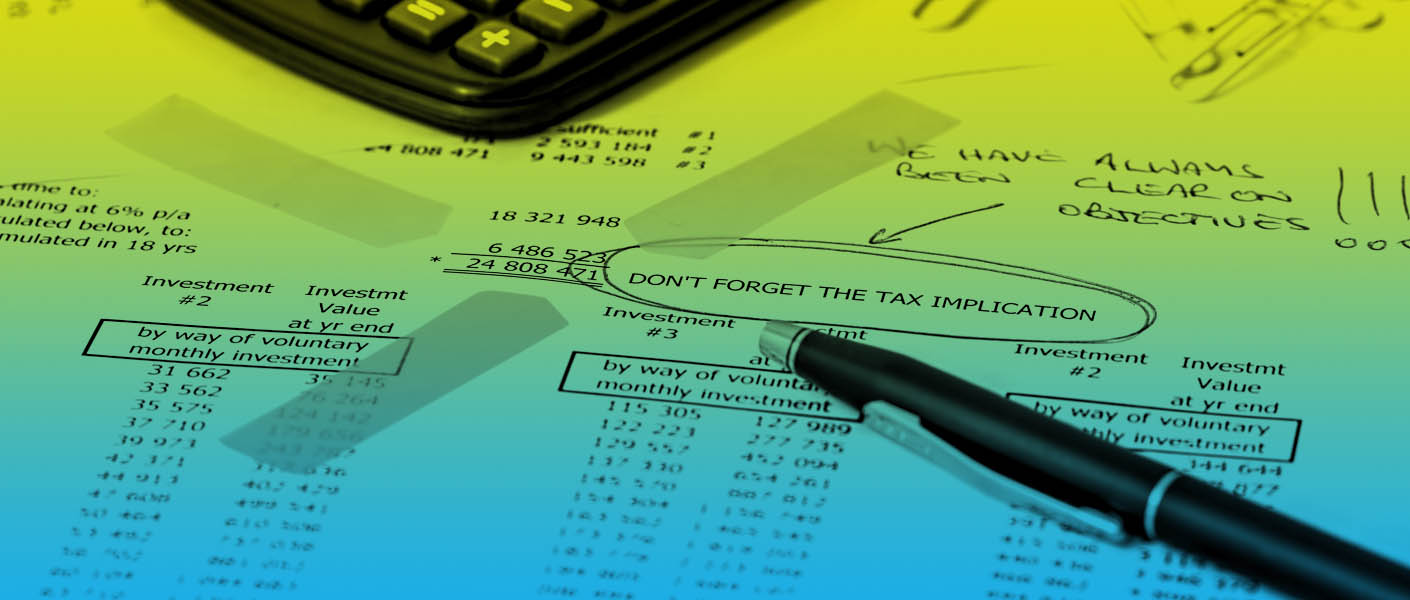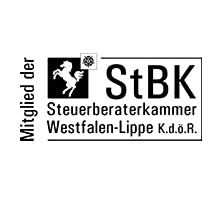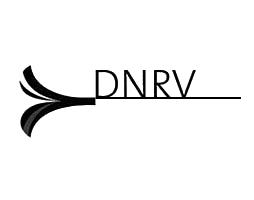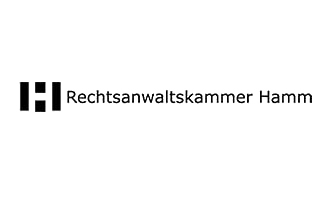#Govermental Taxation Of Dutch Real Estate
Tax aspects in connection with the acquisition of Dutch real estate (and vacation homes in Holland).
From a tax perspective, it should be borne in mind that the tax regulations of both countries apply to purchasers of real estate in the Netherlands who retain their domicile or residence in Germany (unlimited tax liability in Germany and limited tax liability in the Netherlands).
Income tax Netherlands and Germany
In the area of income tax, there is a double taxation agreement which, as a result, assigns the sole taxation for the use of the property in the area of income tax to the Netherlands. However, the assessment must also be carried out there in order to avoid the right of taxation being revived in Germany. However, this does not apply to gains from the sale of the property, which may trigger taxation in Germany (speculative gain).
When acquired as an individual , the vacation property, but also all investment properties, fall into the Dutch Box 3 of income tax as so-called secondary properties. In Box 3, certain assets (savings, real estate assets not used as a primary residence, receivables, free float shares, cryptocurrencies, etc.) have been taxed since 2001 with a notional return set by the legislator, regardless of actual income, so that income tax is also commonly referred to as Dutch wealth tax.
The assessment basis for the notional return is calculated from the accumulated assets less personal allowance and debts. Due to the special form of income taxation in the Netherlands, the characteristics of Dutch Box 3 mean that Dutch income tax is still payable on owner-occupied properties in the Netherlands (second homes, vacation homes, chalets, etc.), even if no rental income is generated.
If you move to the Netherlands completely, there are also special tax consequences: In the Netherlands, your own residential property falls into tax box 1 (working and living), which entails taxation of the housing benefit as income, but also the deduction of financing interest. From the perspective of German tax law, the provisions of the Foreign Tax Act and other special features apply due to the termination of unlimited tax liability.
In the case of real estate in the Netherlands that is acquired and held via a partnership and whose shareholders live abroad, there are no differences in taxation in the context of income tax, as the partnership is considered transparent under double taxation law and Dutch tax legislation. Instead, the property and any income generated from it is attributed to the shareholders on a pro rata basis and – as explained above – taxed at their level with Dutch income tax.
When real estate is acquired in the Netherlands by a corporation, the income from the rental is subject to Dutch corporation tax. The Dutch corporate income tax rate is 15% (2021) up to a profit of € 245,000.
If the profit exceeds € 245,000, the tax rate is 25%. There are currently plans in the Netherlands to apply the reduced rate of 15% from 2022 up to a profit of € 395,000. If the shareholder/acquirer is resident in Germany, reference should be made to the case law of the Federal Fiscal Court, which assumes a concealed profit distribution in the case of unpaid self-use, which is subject to German capital gains tax. The involvement of a corporation in real estate investments in the Netherlands can also take the form of using the corporation as a lender for tax optimization purposes.
Value added tax Netherlands
In the case of a short-term rental as a vacation property (i.e. not a permanent rental) , the rental income is subject to Dutch VAT (BTW). In this case, you must register as a foreign entrepreneur in order to properly declare and pay VAT at the current reduced rate of 9%. At the same time, there is an entitlement to deduct input tax from invoices that are invoiced with Dutch VAT in connection with the property in the Netherlands. In the case of mixed use, the deduction is to be reduced proportionately by the private use. In the case of rentals through a vacation park operator, the Dutch VAT Act provides for a transfer of the tax liability to the intermediary, who pays the VAT to the Dutch Belastingdienst. However, VAT registration of the owner is also mandatory in these cases and inheritance tax Netherlands and Germany.
In terms of inheritance tax, the Netherlands has no inheritance or gift tax if the testator or donor did not have their main residence in the Netherlands at the time of the inheritance or gift. If the residence of the testator (donor) or the heir (donee) is in Germany at the time of the inheritance or gift, the Dutch property is included in the taxable acquisition for German inheritance and gift tax purposes at its market value. The foreign property must therefore always be included in asset succession planning and valued at market value in accordance with the German valuation law. Inheritance tax payable in the Netherlands on the property because the deceased’s last place of residence was in the Netherlands would be offset in Germany to the extent that the property triggers German inheritance tax. This is usually the case if the heirs live in Germany.
Real estate transfer tax Netherlands
The sale is exclusively subject to the Dutch real estate transfer tax.
In the case of used properties, this is usually borne by the buyer. In the case of newly constructed properties, the real estate transfer tax is displaced by the sales tax. For properties used for residential purposes, a reduced rate of 2% was levied for real estate transfer tax in the Netherlands until 2020, which also applied to properties acquired for rental purposes and owner-occupied second homes (vacation properties). From 01.01.2021, the increased standard rate of 8% will also apply to residential properties. The reduced rate only applies to residential properties if the buyer is not only using the property temporarily as their main residence.
For buyers up to the age of 35, a full exemption (0% rate) has even been in place since 2021, which will be limited to a purchase price of 400,000 for residential properties from April 2021.
For all other properties, the new standard rate of 8% Dutch real estate transfer tax also applies (until 2020: 6%).
Are you interested in this topic?
Find out more about this and other exciting articles on the info blog of PBS Pekala and Partner.
You are also welcome to visit the websites of our partner network
- PBL Bandl and Partner mbB – Your competent lawyers in the Paderborn area
- PBS Pekala and Partner mbB – Tax consultancy, regional & international






